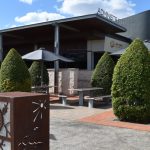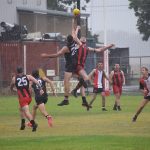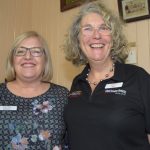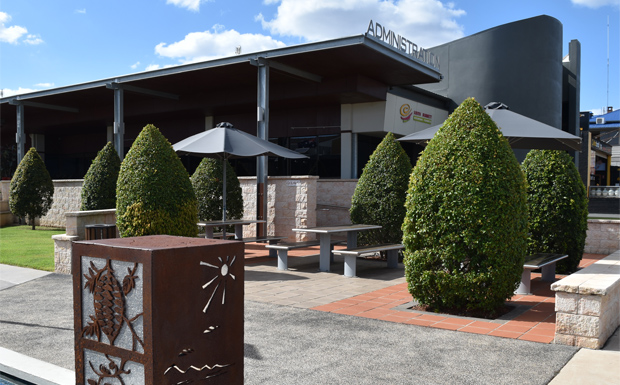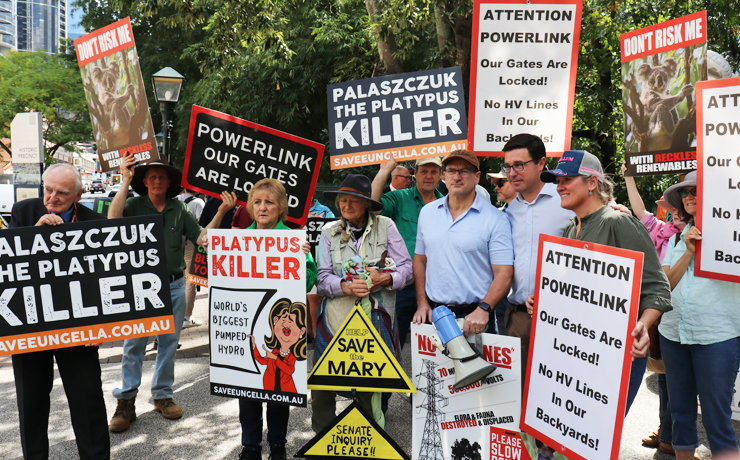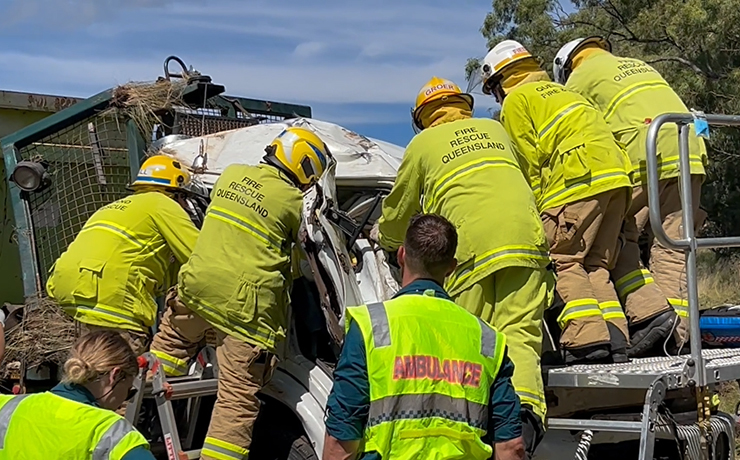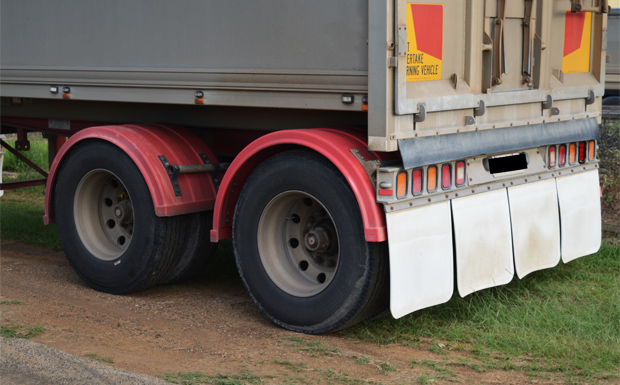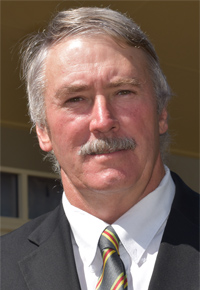
April 15, 2021
Rabbit numbers seem to be increasing across the South Burnett, but traps and calicivirus are still proven ways to control the problem.
At Wednesday’s Communities standing committee meeting, Natural Resources portfolio chair Cr Scott Henschen said he had heard several reports that rabbit numbers seemed to be higher this year.
But in response to a question from Cr Kathy Duff about what residents should do if they detected rabbits on their property, Cr Henschen said the best approach was to contact Council.
The SBRC has rabbit traps available for loan and staff can also supply carrots laced with calicivirus, he said.
Both strategies were proven ways to control rabbit infestations.
Cr Kirstie Schumacher asked if the recent discovery of the African Olive pest plant in the Toowoomba area posed any immediate risk to the South Burnett.
Cr Henschen said he did not believe it did, but Council officers were monitoring the situation.
However, Drooping Tree Pear – which has begun to appear along some waterways in the Boondooma area – was of greater concern because little seemed to be known about it at present.
So was Fall Armyworm, which could cause significant crop losses.
Cr Henschen said he understood a workshop on strategies to combat Fall Armyworm would be held in the region in the near future.
Communities General Manager Peter O’May said it was normal practice for the Council’s Natural Resources staff to liaise with their counterparts in Cherbourg, Gympie and Toowoomba councils about potential environmental threats.
This helped when the South Burnett undertook joint projects with them, such as a recent joint program with Cherbourg Aboriginal Shire Council which treated Parthenium and Honey Locust along a stretch of Barambah Creek.
It also helped foster knowledge-sharing between neighbouring councils, which strengthened their biosecurity systems.







